#Man accused of 1996 #Tupac #Shakur killing seeks to suppress evidence.
Las Vegas criminal defense attorneys Robert Draskovich and William Brown filed a motion this week on behalf of their client, Duane “Keffe D” Davis, who was charged in the drive-by shooting of the iconic rapper off the Las Vegas Strip.
Davis’ attorneys argue a judge relied on a “misleading portrait” of Davis as a dangerous drug dealer to grant the execution of a search warrant at night, which should only be done in exceptional circumstances, such as if there’s a risk that evidence will disappear if officers wait until morning.
In reality, Davis, an ex-gang leader from Southern California, had left the narcotics trade in 2008 and began doing inspection work for oil refineries, his attorneys say. He was a 60-year-old retired cancer survivor with adult children and grandchildren and had been living with his wife in Henderson, a city outside of Las Vegas, for nine years at the time the warrant was executed.
“The court wasn’t told any of this,” his attorneys wrote in the motion. “As a result, the court authorized a nighttime search based on a portrait of Davis that bore little resemblance to reality — a clearly erroneous factual determination, in other words.”
The Las Vegas Metropolitan Police Department — which conducted the search and collected Davis’ electronic devices, “purported marijuana” and tubs of photographs — declined to comment Friday, citing the pending litigation. At the time of the search, police said executing the warrant under the cover of darkness would allow officers to surround and secure the residence, and that if Davis barricaded himself, the darkness would allow officers to evacuate the surrounding homes with the least exposure to residents.
Davis was arrested in September 2023. He pleaded not guilty to first-degree murder and sought to be released since shortly after his arrest.
His attorneys claim Davis’ arrest stems from false public statements Davis had made in which he claimed to be present in the white Cadillac from which Shakur was shot. They say he has never offered details that would firmly corroborate his presence in the car, and that he benefited from saying he was present. He dodged drug charges by telling the story in a proffer agreement, and he has made money by repeating it in documentaries and his 2019 book, according to his attorneys.
“Think of it this way: Shakur’s murder was essentially the entertainment world’s JFK assassination — endlessly dissected, mythologized, monetized — so it’s not hard to see why someone in Davis’s position might falsely place himself at the center of it all for personal gain,” his attorneys wrote.
Jessica Hill, The Associated Press
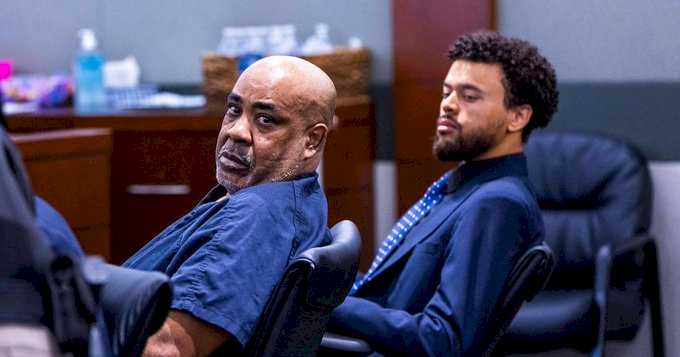

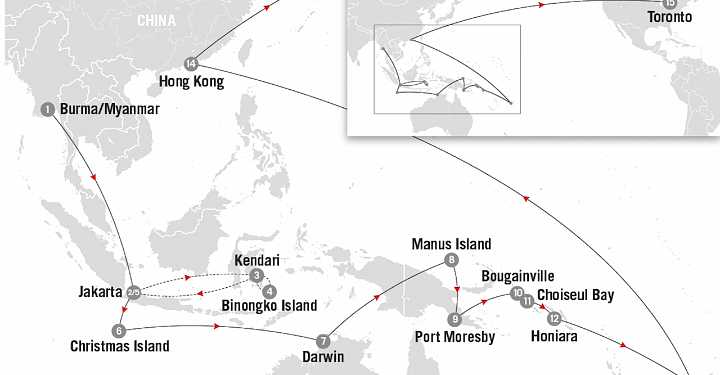


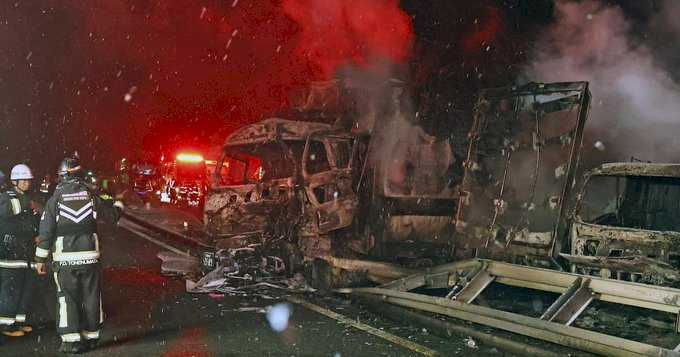
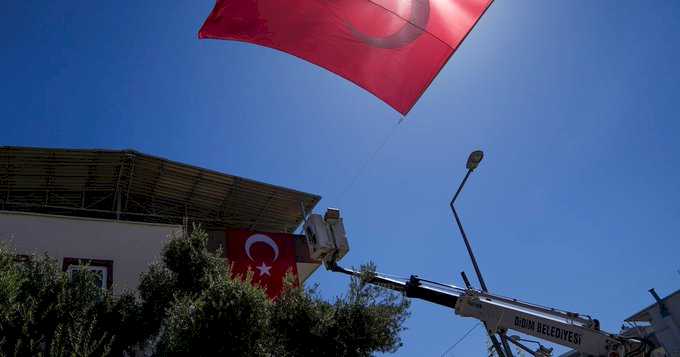
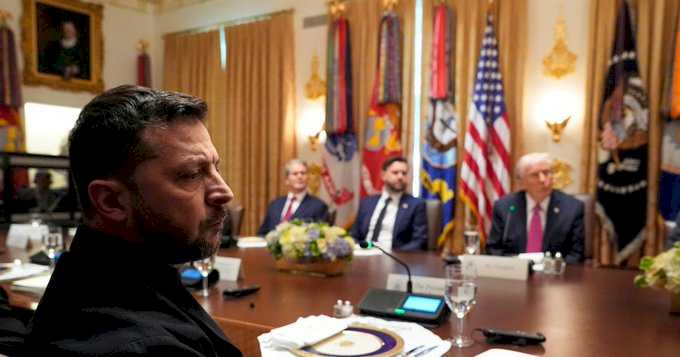
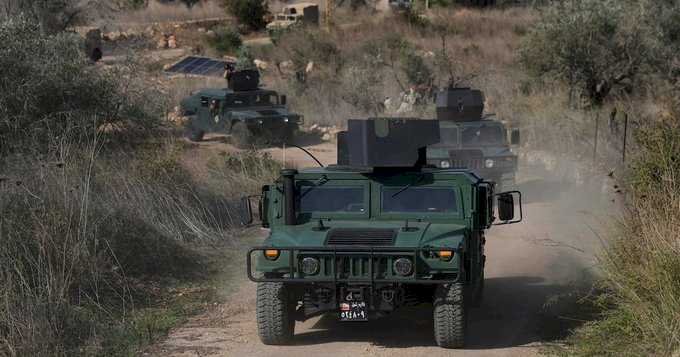
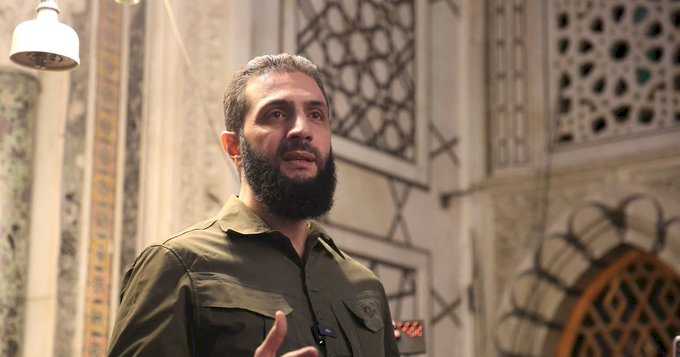
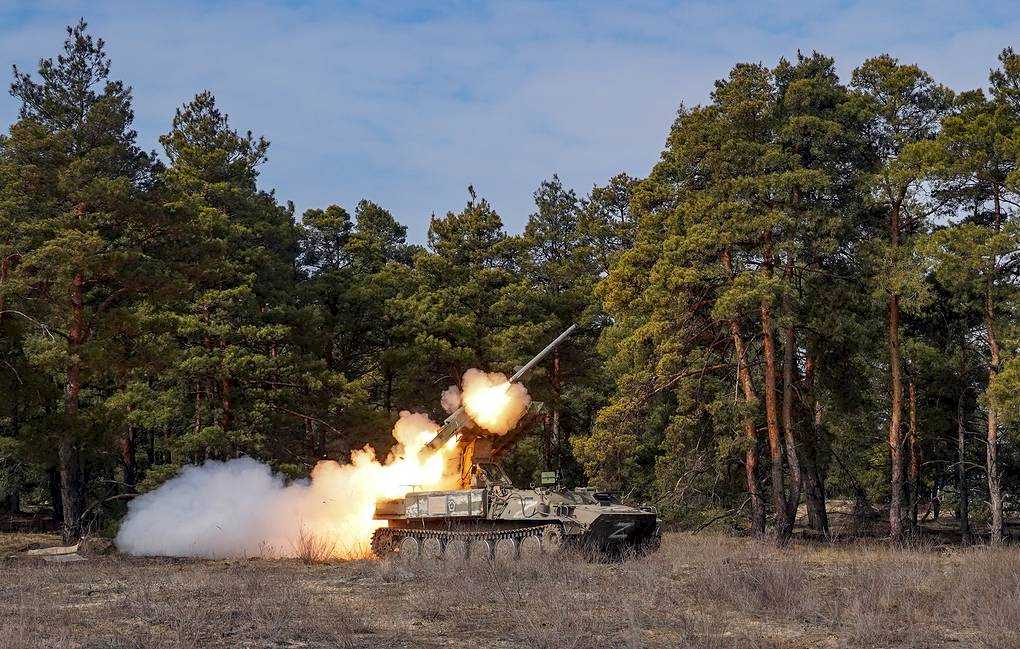
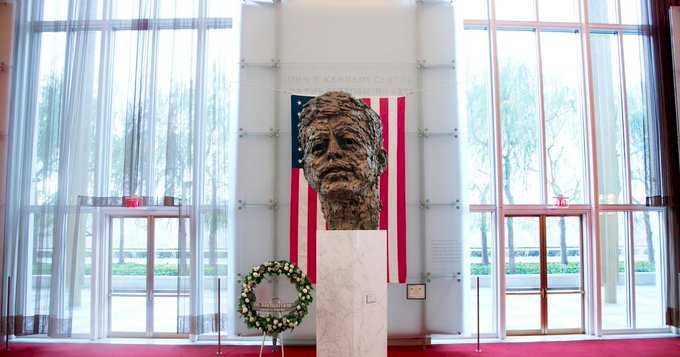
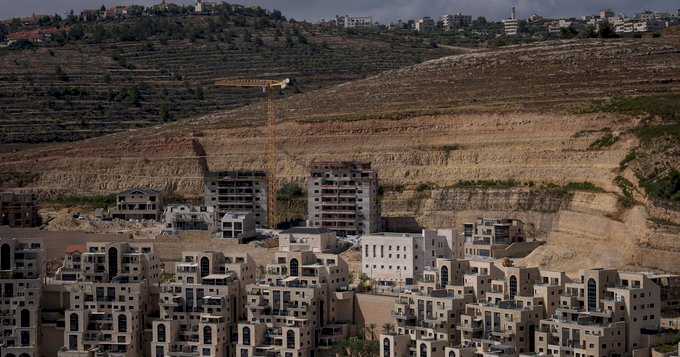
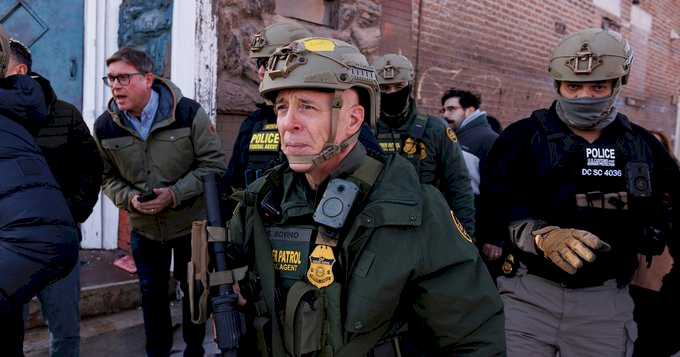


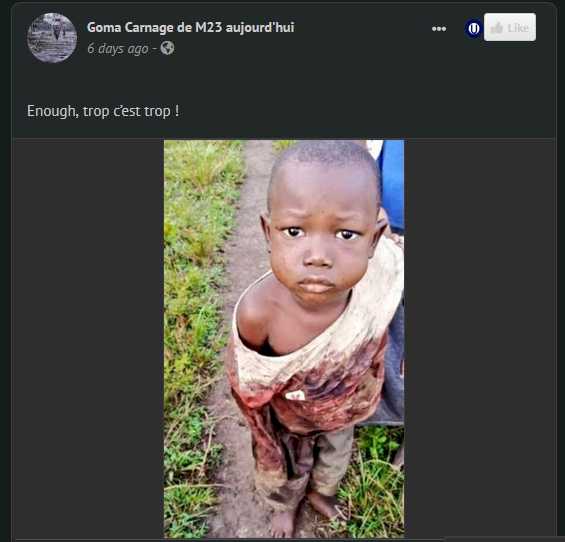
Global News on Umojja.com